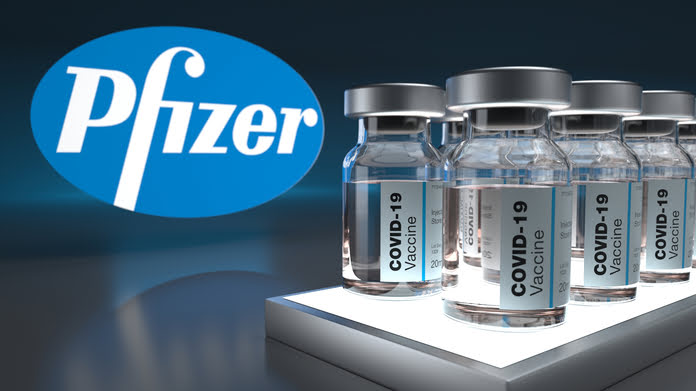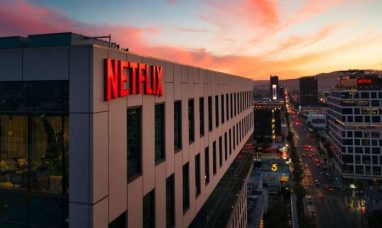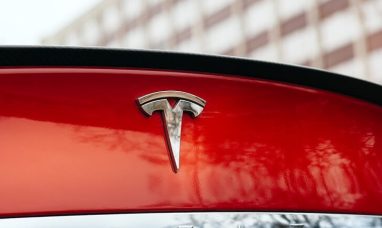During the early stages of the COVID-19 epidemic, the healthcare industry attracted considerable financial attention. Recently, there has been a slight decline in interest in the area, but a new trigger may be on the horizon. To get ready for the next stage of the pandemic and other emerging diseases, top Senate Democrats have suggested a new $21 billion emergency supplemental financing plan.
According to the proposed legislation, the Public Health and Social Services Emergency Fund would get $16 billion for diagnostics, vaccines, medical supplies, and research. The coronavirus is being fought in other nations with the aid of an additional $5 billion in emergency funds.
Senate Appropriations Committee Chairman, Patrick Leahy, says in a statement that efforts to halt this disease abroad so as to protect us here at home are rapidly running out of funding, and they are running out of time to act.
Investing in businesses that produce vaccines, develop therapies, or plant antigen tests may become more appealing due to the proposed legislation. The first three are shown below.
Pfizer (NYSE:PFE)
Pfizer (NYSE:PFE) is a massively capitalized pharmaceutical and biotechnology firm with a history dating back to 1849. Its reputation expanded due to the pandemic. One hundred eighty nations have received more than 3.6 billion doses of the Pfizer-BioNTech COVID-19 vaccine. Paxlovid, an oral antiviral medication used to treat COVID-19, was also created by Pfizer (NYSE:PFE).
This earnings season, the company recorded impressive profits. Pfizer (NYSE:PFE) reported $27.7 billion in revenue for the second quarter, a 47 % rise from the same period last year. Adjusted earnings per share were $2.04, a 92 % increase from the same period the previous year. The stock, however, is not shielded from the 2022 market crash. Pfizer (NYSE:PFE) shares have lost 12 % this year. Pfizer (NYSE:PFE) has been given a “neutral” rating by JPMorgan (NYSE:JPM) analyst Chris Schott, and he has set a price target of $57, which is nearly 15% higher than the current price.
Gilead Sciences (NASDAQ:GILD)
Another biopharmaceutical business that garnered attention during the pandemic was Gilead Sciences (NASDAQ:GILD). Veklury (remdesivir), the first antiviral medication licensed by the FDA for the treatment of COVID-19 that necessitates hospitalization, was created by this company.
On Tuesday, the firm released its Q2 earnings. The revenue for the quarter increased marginally by 1% from the prior year to $6.3 billion. The adjusted earnings per share fell 13% from the previous year to $1.58. Even though these figures don’t appear outstanding on their own, Wall Street had low expectations. For the quarter, experts projected that Gilead (NASDAQ:GILD) would earn $1.52 per share on $5.86 billion in revenue.
Additionally, management improved their advice. They have increased their earlier guidance range of $23.8 billion to $24.3 billion to $24.5 billion to $25 billion in total product sales for the entire year of 2022. On Wednesday, the stock rose 4.6 percent quickly. It is still down 14% for the year, though.
Do Kim, a Piper Sandler (NYSE:PIPR) analyst, recently increased Gilead’s price objective from $69 to $71 while maintaining a “neutral” rating on the company. Given that Gilead (NASDAQ:GILD) is currently trading at $62.27, the price target suggests a potential upside of 14%.
Abbott Laboratories (NYSE:ABT)
Abbott Laboratories (NYSE:ABT) is a healthcare organization that focuses on branded generic medications, nutrition items, diagnostics, and medical equipment. Like the other two businesses, Abbott (NYSE:ABT) has not been a popular stock. In 2022, its shares have painfully decreased by 21%.
However, the business is well-positioned for a subsequent COVID-19 wave because it manufactures COVID-19 testing kits. According to the most recent financial report, Abbott’s COVID-19 testing-related sales in Q2 2022 totaled $2.3 billion. Sales for the quarter totaled $11.3 billion, up 10.1 percent from the same period last year. Adjusted earnings per share increased by 22.2 percent to $1.43 from the previous year. The company’s management forecasts that COVID-19 testing-related sales will total $6.1 billion for the whole 2022 fiscal year.
Featured Image: Megapixl © Dimitrisbar















